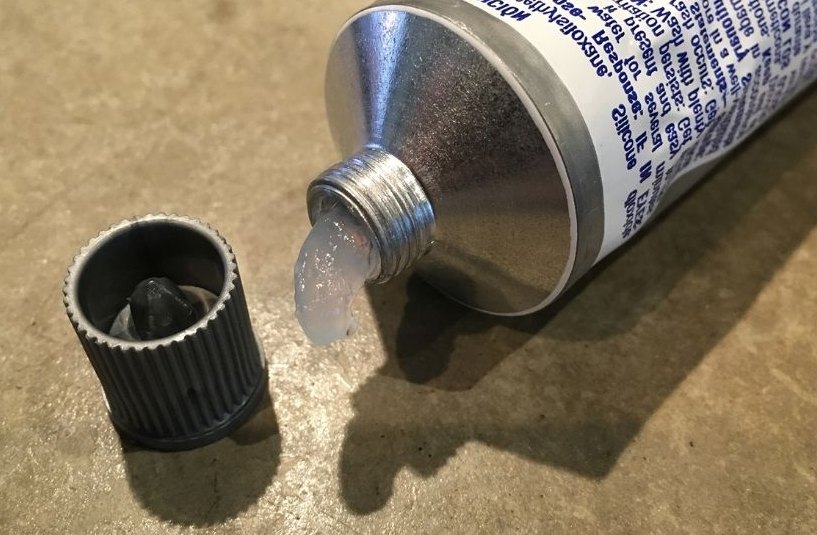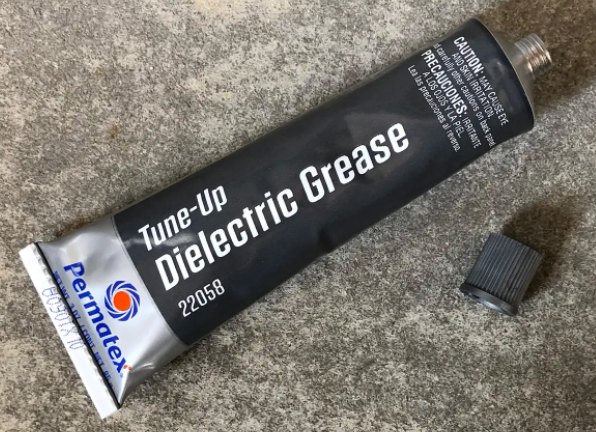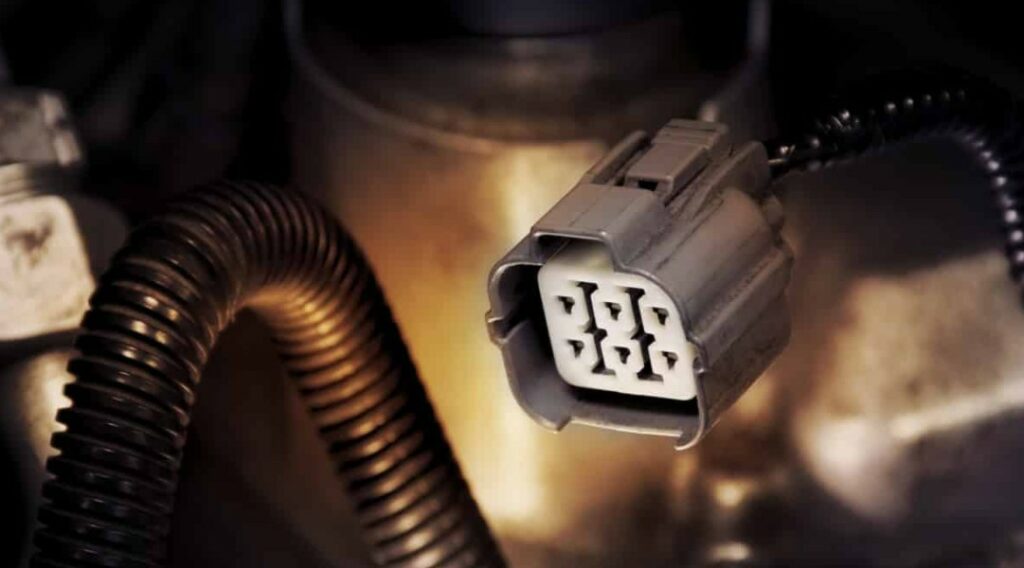Some people may think that all they have to do is fill up the gas tank and change the oil when necessary, this isn’t true. Several things need to be done to keep a car running properly, and one of those is using dielectric grease on the battery terminal posts.
But is dielectric grease necessary?
In this article, we’ll look at what dielectric grease is, why it’s used, and whether or not you need it.

Table of Contents
What is dielectric grease?
Dielectric grease is a lubricant, and it is mainly used to prevent wear and tear of electrical equipment, shorts, and corrosion.
Dielectric grease is typically made from a silicon dioxide base with aluminum oxide, zinc oxide, and other additives.
The dielectric constant of silicon dioxide is very high, making it an ideal material for electrical applications.

Adding aluminum oxide and zinc oxide to the mix helps to improve the thermal conductivity of the grease, which is important for heat dissipation in high-power applications.
Dielectric grease is available in both aerosol able and non-consolable forms. The main dielectric grease benefits are its dielectric properties, conductivity, and stability. Dielectric grease uses include preventing corrosion, sealing out moisture, and lubricating electrical connections.
Is dielectric grease necessary?
As most people are well aware, dielectric grease is a non-conductive grease that can be used to protect electrical connectors from corrosion. It is also used to insulate and lubricate electrical contacts. Dielectric grease is often made from silicone, although other materials such as anti-seize compounds can also be used.
The benefit of dielectric grease is preventing moisture from entering electrical connectors, which could cause problems such as shorts or interference with the flow of current. Additionally, it stops dirt and debris from corroding the female side of connectors, sometimes known as “creep Corrosion”.
Dielectric grease is essential in many industries where electrical equipment is being used. It’s also necessary for home users, car enthusiasts, and boat owners.
Can You Use Dielectric Grease On Spark Plugs?
Yes, I have used dielectric grease on spark plugs many times to prevent arcing and corrosion. It also helps you create an insulating barrier between the boot and the metal surface of the plug, so in a way, dielectric grease is very handy when it comes to maintaining spark plugs.

Here are the benefits in detail:
- Good for corrosion prevention.
- It makes it easier to disconnect the parts later on, as the grease prevents them from sticking together.
- It can help to improve electrical connectivity, as it reduces the resistance between the two surfaces.
However, there are also a few potential drawbacks to using dielectric grease on your spark plugs:
- It can make it difficult to remove the spark plugs later on, as the grease will have bonded them together.
- It can attract dust and dirt, which could potentially cause problems with the electrical connection.
How To Use Dielectric Grease on Spark Plug Wires?
As dielectric grease is often used on electrical connections to keep it clean and corrosion free, it is no different from spark plug wires. It is a good practice to use dielectric grease on the connection between spark plug and wires; I have written a step by step guide on how to do it below.
🚗 Step 1: Remove and Clean the spark plug boots
Cleaning the spark plug boots may help if your car is running rough. Remove the spark plugs and boot using a ratchet or socket. Be careful not to lose the washer on top of the spark plug.
Clean the area around the boot with a wire brush to remove any dirt or grime. Use a hose to rinse away any debris from inside the boot. Make sure you get all of the water out before proceeding.
🚗 Step 2: Apply dielectric grease using a cotton swab
A cotton swab will work well to execute this step. You just need a small amount of dielectric grease, and you need to put it all around the connector using the cotton swab. Putting a thin layer of it on the metal surface of the spark plug is also recommended. Do not forget to dry it completely before using it.
🚗 Step 3: Maintaining the ceramic portion of the spark plug
To put dielectric grease on the ceramic portion, you have to take the spark plug out from the engine. After that, just coat the entire ceramic portion and put it back; it’s that simple.
Silicone Grease vs Dielectric Grease?
🚗 Characteristics
- Silicon Grease.
- Dielectric Grease.
🚗 Material
- Silicone grease is made from silicone oil and a thickening agent.
- Dielectric grease is made from petroleum jelly or mineral oil and a variety of additives.
🚗 Physical Property
- It provides excellent heat resistance and water repellency
- It has superior electrical insulating properties but is not as resistant to heat or water.
🚗 Use
- Silicon Grease is used for lubricating purposes.
- It is used for battery terminals.
🚗 Chemical Property
- It does not dissolve in most liquids like methanol, ethanol and some alcohols.
- Fluid at low temperature and thermal stability at high temperature.
Frequently Asked Questions (FAQs)
1. Does Dielectric Grease Improve Connection?
2. What happens if I don’t use dielectric grease?
3. Should I put dielectric grease on battery terminals?
4. Is Vaseline a dielectric grease?
5. Does dielectric grease dry out?
Conclusion:
Dielectric grease is a necessary part of any electrical system, and it’s important to use the right type for your needs. We hope this article has helped you understand the importance of dielectric grease and how to use dielectric grease in your equipment.
